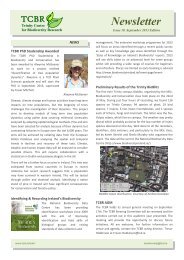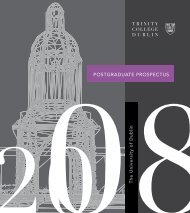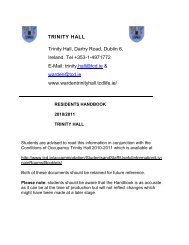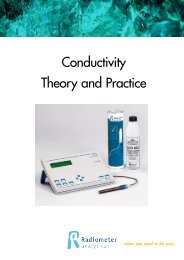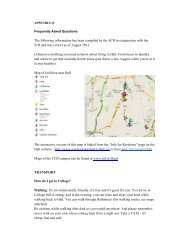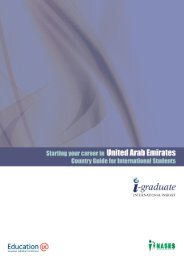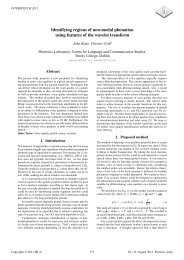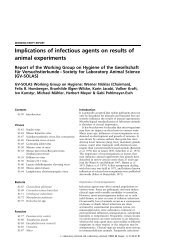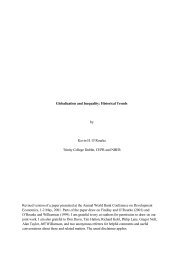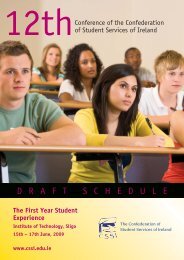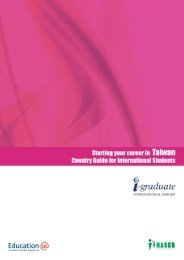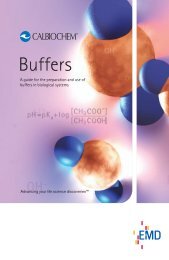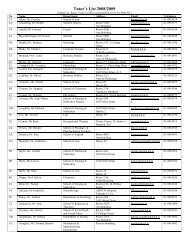Conference Programme (PDF, 1019KB) - Trinity College Dublin
Conference Programme (PDF, 1019KB) - Trinity College Dublin
Conference Programme (PDF, 1019KB) - Trinity College Dublin
Create successful ePaper yourself
Turn your PDF publications into a flip-book with our unique Google optimized e-Paper software.
abstracts by stream and session<br />
Answers to the question how optimal language education for underachieving immigrant minorities can be organized has equally reflected<br />
a polarised division into camps: immersion into the majority language (the voice most often heard) versus bilingual education (sometimes<br />
with positive reference, more often with negative reference); language assimilation (the dominant voice) versus language maintenance,<br />
etc. One of the important questions to be raised is how such choices interact with the de facto multi-ethnic and multilingual dynamics of<br />
urban neighbourhoods and the schools situated in them.<br />
The education system of the Flemish Region in Belgium is characterized by a denial of the linguistic capital of plurilingual learners from<br />
immigrant minorities. The dominant language ideology is monolingual (Dutch only). Languages spoken by low-status minority groups<br />
are undervalued and seen as an impediment to social integration and scholastic achievement. This ideology pervades school policies<br />
and practices: L2 submersion is widely taken for granted as the normal language education paradigm; some schools even ban the use<br />
of home languages from the school premises. Attempts at bilingual instruction with immigrant pupils have met with mixed results so<br />
far. Consequently, policy makers often brand multilingualism as problematic and bilingual education as ineffective. Furthermore, urban<br />
inner-city schools have in recent years become so linguistically diverse that organising bilingual instruction in separate L1 classes tends<br />
to become unfeasible.<br />
These new challenges have undoubtedly put enormous pressure on ‘traditional’ bilingual education. Therefore, multiple alternative<br />
approaches are tentatively being developed. They focus attention on the psycho-social and functional use of minority home languages<br />
within linguistically diverse mainstream classes, and emphasise an additive and empowerment-oriented approach to multilingualism.<br />
In this paper we draw on a current research study – the ‘Home Language in Primary Education’ project – which investigates educational<br />
and sociolinguistic practices in four linguistically diverse inner-city primary schools in Ghent. We will illustrate to what extent teachers<br />
in these schools mobilise home languages as a resource for rendering learning environments more powerful. Multilingual strategies are<br />
developed to enhance a safe and positive learning climate, to render tasks more meaningful and to scaffold the learning process, while<br />
individually supporting the plurilingual learners.<br />
Piet Van Avermaet’s paper will be followed by a roundtable discussion.<br />
Members of the roundtable:<br />
Joana Duarte, Universität Hamburg, Germany<br />
Fiona Kearney, Special Education Support Service, Ireland<br />
Deirdre Kirwan, Principal, Scoil Bhríde Girls' National School, Blanchardstown, Ireland<br />
Breda Naughton, Department of Education and Skills, Office of the Minister of State for Integration, Ireland<br />
SESSION 6f The TII’s English Language Support <strong>Programme</strong> I<br />
Teaching English to Immigrant Students in Irish Post-Primary Schools: the Irish School System, Students'<br />
Identities & Access to Education<br />
Rachael Fionda, <strong>Trinity</strong> <strong>College</strong> <strong>Dublin</strong>, Ireland<br />
Linguistically and culturally diverse classrooms offer both challenges and opportunities for policy makers and educators in Irish postprimary<br />
schools, which in the past decade have responded to unprecedented immigration with a variety of responses in the education<br />
system. Each school is unique and therefore differs in provision for both the English language teaching necessary for access to school<br />
knowledge (in the English language medium schools) and the support for the development of subject knowledge needed for participation<br />
in state exams.<br />
My research began with systematic empirical explorations of <strong>Dublin</strong> based schools to discover variation in English language support<br />
provision, and the results were analysed within a theoretical framework spanning education philosophy, linguistic minorities within<br />
education, second language acquisition and learning processes. The outcome of my research, as presented in this paper, contributes to<br />
emerging context-specific research (see Devine, 1999 & 2005; Keogh & Whyte, 2003; Nowlan, 2008; Lyons & Little, 2009; ESRI, 2009) to<br />
determine the impact of immigration on schools and find out how schools are equipping themselves to provide an education for numbers<br />
of students who speak English as a Second Language.<br />
I will concentrate on three themes within my research; first, the existing boundaries of Irish second level education, in order to establish<br />
an outline of existing resources which can be optimised and developed into efficient English language support. Second, issues which<br />
have significant impact on the provision of mainstream education to students who speak a native language other than the language of<br />
education. Finally, I draw the two previous themes together to make suggestions and observations on processes which promote best<br />
practice in Irish schools and their English language support provision.<br />
The academic language demands of the Irish post-primary curriculum and English language support for immigrant students<br />
Stergiani Kostopoulou, <strong>Trinity</strong> <strong>College</strong> <strong>Dublin</strong>, Ireland<br />
The principal aim of English language support in Irish post-primary education is to help immigrant students acquire the language<br />
of schooling so that they become fully integrated into the mainstream classroom. Research into current language support practices<br />
80



